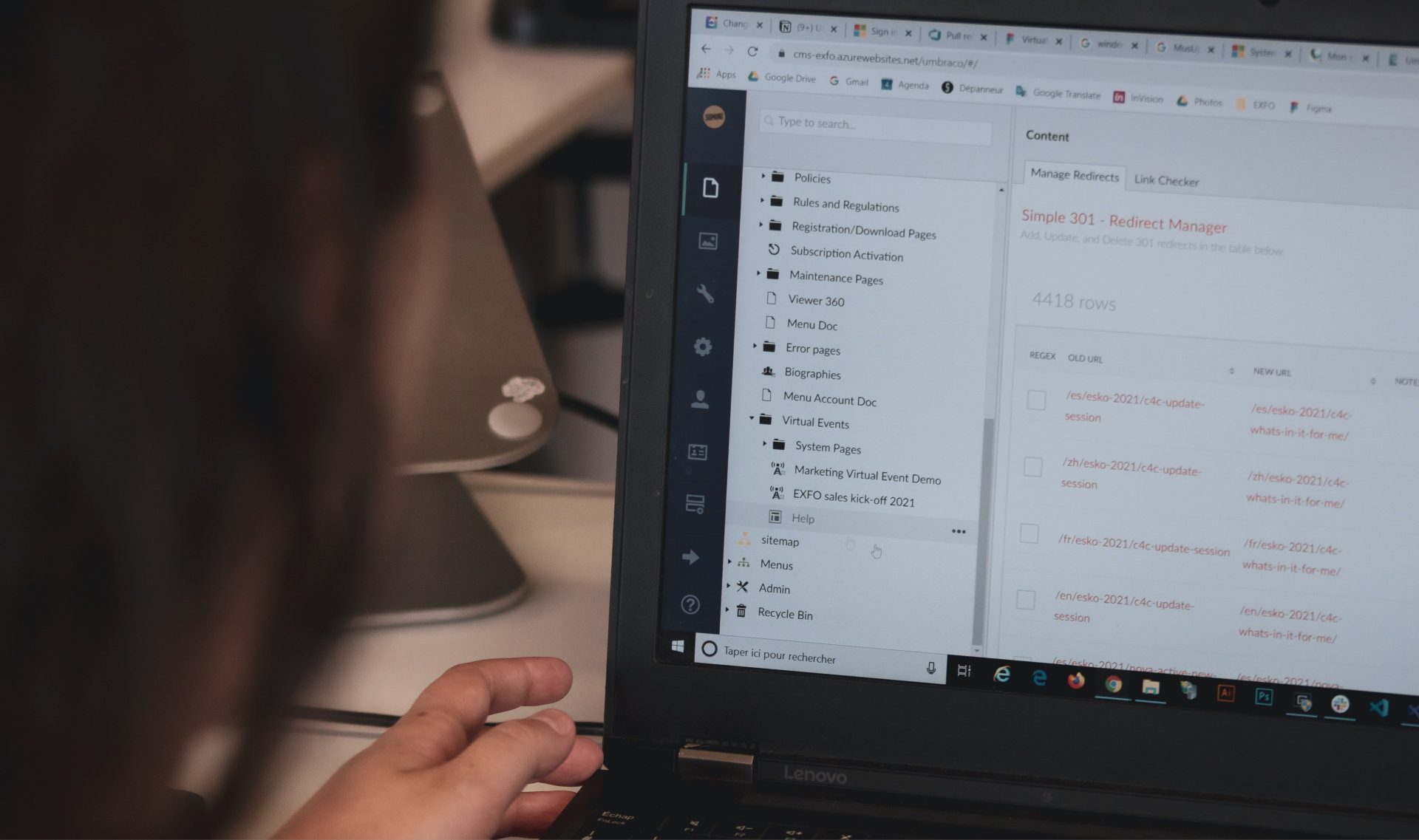In today’s digital age, personal identifiable data (PII) is one of the most valuable assets for corporations. PII includes any information that can be used to identify an individual, such as their name, address, date of birth, social security number, and financial information. The protection of PII is crucial for both individuals and corporations, as a data breach can result in severe financial and reputational damage. In this blog, we will explore the role that corporations play in securing personal identifiable data.
- Responsibility for Protecting PII: Corporations have a responsibility to protect the PII of their customers, employees, and other stakeholders. They must take reasonable measures to ensure that this information is secure and not accessible to unauthorized parties. This includes implementing data security protocols, such as encryption, firewalls, and access controls, to protect against cyber attacks.
- Compliance with Regulations: Corporations must comply with data protection regulations, such as the General Data Protection Regulation (GDPR) and the California Consumer Privacy Act (CCPA). These regulations set out specific requirements for the collection, storage, and use of personal identifiable data. Corporations must ensure that they are compliant with these regulations, and that they are taking all necessary measures to protect PII.
- Importance of Data Privacy: Data privacy has become a significant concern for individuals, and corporations must take steps to ensure that they are respecting individuals’ privacy rights. This includes being transparent about what data is being collected and how it is being used, providing individuals with the option to opt-out of data collection, and ensuring that data is only used for legitimate purposes.
- Reputation Management: The protection of personal identifiable data is critical for reputation management. A data breach can result in significant damage to a corporation’s reputation, and it can take years to recover from such an event. Corporations must prioritize data security to protect their brand reputation.
- Financial Implications: Data breaches can have severe financial implications for corporations. The costs associated with remediation, legal fees, and compensation can be substantial. In addition, a data breach can result in lost business, as customers may choose to take their business elsewhere if they do not trust a corporation’s ability to protect their personal information.
In conclusion, the role that corporations play in securing personal identifiable data is critical. They must take responsibility for protecting PII, comply with regulations, respect data privacy, manage their reputation, and consider the financial implications of a data breach. By taking a proactive approach to data security, corporations can ensure that they are protecting their stakeholders’ personal information and safeguarding their own financial and reputational interests.







